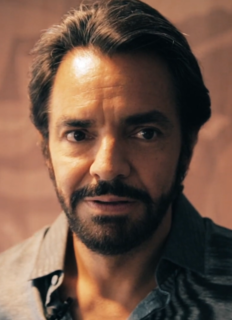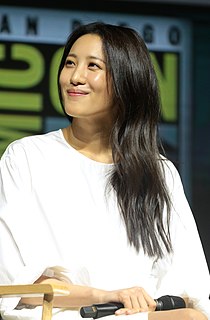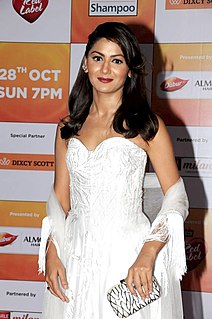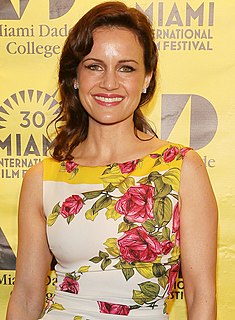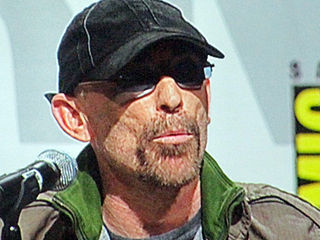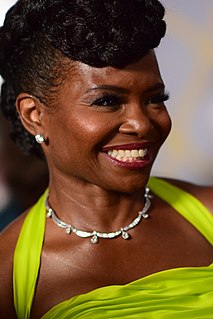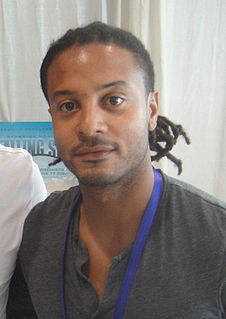A Quote by Eugenio Derbez
When I started coming to the U.S., they were offering me only the typical stereotypical roles: the druggard, the criminal, the gang member, or in the best-case scenario, the gardener or the cook. I was fed up with all these roles that were always the same. And I promised I would try to change the image of Latinos in Hollywood.
Related Quotes
Up until the time I was cast in 'Star Trek,' the roles were pretty shallow - thin, stereotyped, one-dimensional roles. I knew this character was a breakthrough role, certainly for me as an individual actor but also for the image of an Asian character: no accent, a member of the elite leadership team.
For a long time, way back in the ’30s and ’40s, there were fabulous female roles. Bette Davis and all those people had incredible, great roles. After World War II, something happened where it was not only "get out of the factories," but "get out of the movies." That's when women's roles started to really [change].
When I started, I was a theater actress, and there were roles that I couldn't imagine not playing, like Rosalind in 'As You Like It.' I used to think I would die if I could play that. But then I started doing movies, and I had children, and I moved to Los Angeles. And now I kind of can't remember what those roles would be.
I think when I first started acting there were different people who I thought, 'I want that person's career or that person's career.' And as time has gone on, it's become really clear to me what is important to me; getting the best roles, the roles that I feel are challenging and scary and that I haven't done yet.
If you just look at the number of roles for women versus the number of roles for men in any given film, there are always far more roles for men. That's always been true. When I went to college, I went to Julliard. At that time - and I don't know if this is still true - they always selected fewer women than men for the program, because there were so few roles for women in plays. That was sort of acknowledgment for me of the fact that writers write more roles for men than they do for women.
I wanted to play roles which offered new ways of viewing black women and black people in general- and I have done that. And I have always, whether I needed to pay the rent or not, I've always turned down roles which I thought were stereotypical. And so when I look at my body of work in that respect, I am really happy. Because I feel my work does say something positive and that was what I always set out to do.
